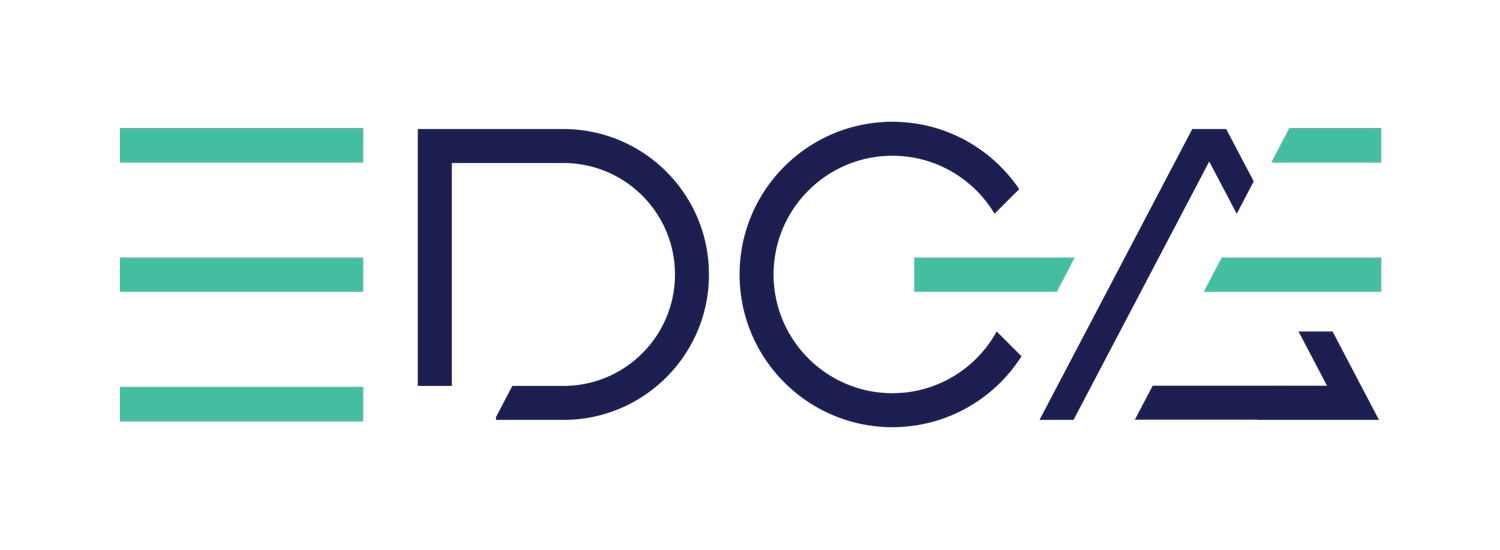Blockchain and the Data Centre advantage
Blockchain (BC) is one of the hottest technologies today because it puts control back in the hands of the people. Based on the concept of decentralised computing, BC is a type of distributed ledger technology that facilitates recording transactions and tracking assets.
It typically evokes the image of multiple computers over a network, each storing a piece of the pie. The computers involved would need high specifications and consume a lot of power to be running 24/7, non-stop all day, everyday. Doesn’t sound like the most sustainable thing does it?
Blockchain and the Data Centre advantage
But what if that processing was done not by a computer, but a data centre (DC)?
Look at the two main types of blockchain systems in use today - proof of work and proof of stake.
With proof of work BCs, the mining of each block requires heavy computational power to soolve the computational problems in the protocol. Specialised hardware like fast CPUs and GPUs is required and a lot of electricity consumed, along with lots of noise and heat produced.
No downtime with Proof of stake
When it comes to proof of stake, the demands are more towards high availability and high consistency. There is a need to be always-on to stay in activation queue, and to create t new block if selected. There are penalties for not following through with responsibilities when called upon.
Validators miss out on rewards if they fail to participate when called upon, and their existing stake can be destroyed if they behave dishonestly. There are two primary behaviors that can be considered dishonest: proposing multiple blocks in a single slot (equivocating) and submitting contradictory attestations.
The DCA advantage
DC Alliance supports blockchain applications, especially when it comes to validation and tokenisation. Hosting of validation nodes is right at the centre of what we do.
We are already walking the talk with our own DCA NFT Collection, built on the Solana Blockchain.
Interested in finding out more about blockchain and its many applications? Visit the Blockchain Research and Development Laboratory website here.
